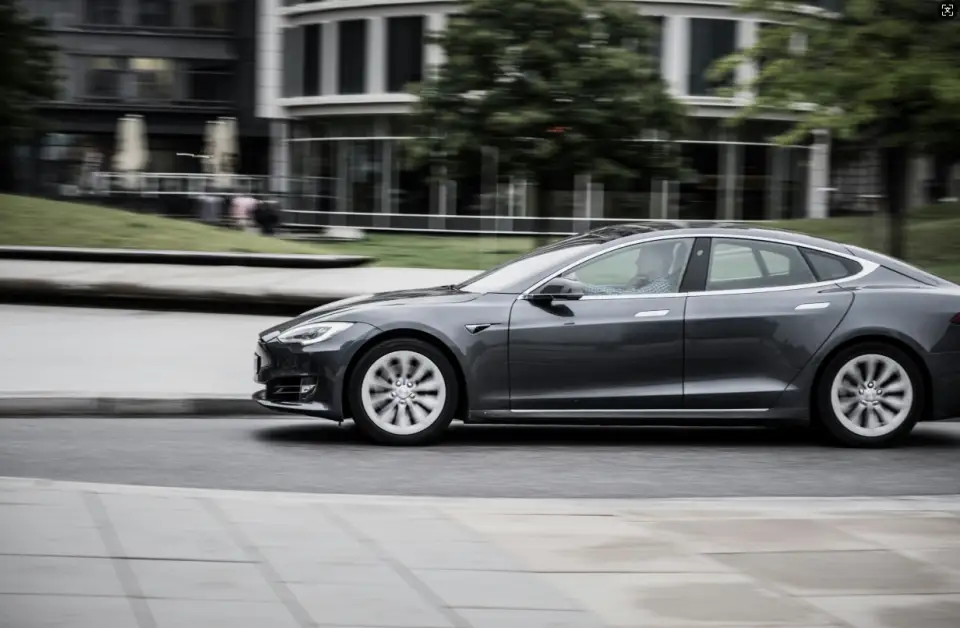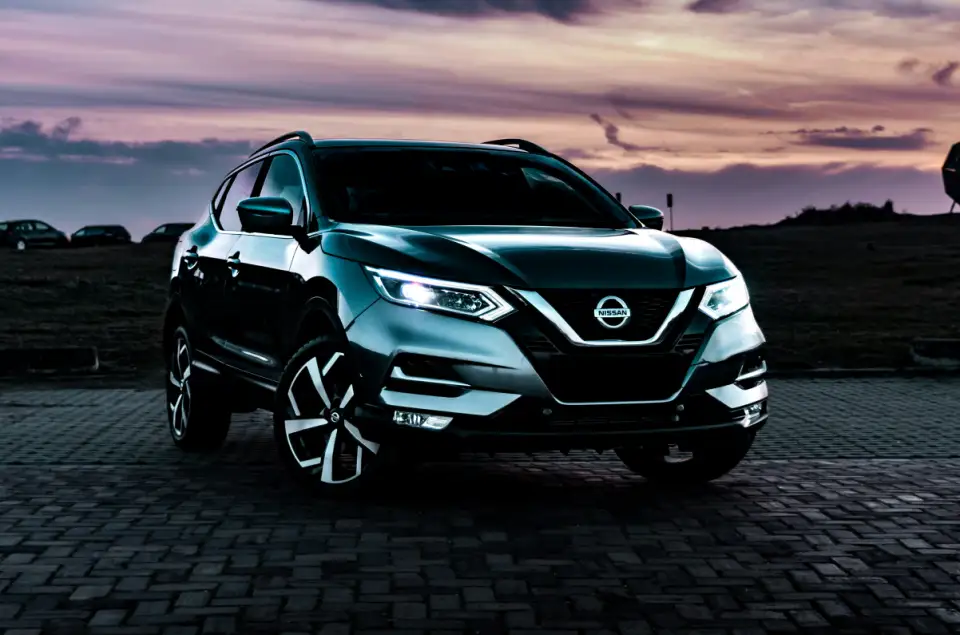As soon as President Trump took office, he immediately turned his attention to the electric vehicle (EV) industry, revoking an executive order signed by former President Biden in 2021 that had supported the EV sector in the United States.
The author believes that this move was a desperate measure by Trump in the face of a dire U.S. economy and global geopolitical crises, a kind of "blood-thirsty self-rescue." By decoupling Europe from Russia and selling oil at high prices to Europe, Trump aimed to secure short-term benefits for the U.S. However, as China aggressively targets traditional fuel vehicles in the global electric vehicle market, the U.S. will inevitably fall further behind China in the automotive sector in the future.
Trump Repeals Electric Vehicle Support Order
In 2021, former President Biden set a goal for the development of electric vehicles, aiming to ensure that by 2030, half of all new cars sold in the U.S. would be electric. Although this target was not legally binding, it gained support from both U.S. and foreign automakers.
However, in an executive order, Trump announced that he would revoke Biden’s executive order and freeze remaining government funds allocated for building electric vehicle charging stations.
Previously, the U.S. Environmental Protection Agency (EPA) had proposed that car manufacturers ensure that electric vehicle sales would make up between 30% and 56% of total sales by 2032, in order to meet federal emission regulations. The U.S. Department of Transportation also issued similar regulations. Trump directed the EPA to reconsider this requirement.
In the executive order, Trump stated that he was seeking to abolish an exemption granted to California by the EPA in December of the previous year. This exemption allowed California to stop selling pure gasoline cars by 2035, a rule that has been adopted by 11 other states.
Trump stated that the EPA should "terminate, at the appropriate time, the emission exemptions that restrict the sale of gasoline-powered vehicles in certain states."
Considering the End of “Unfair” Subsidies
Trump also stated that he would consider ending tax credits and subsidies for electric vehicles.
In the executive order, he expressed that the government should consider "eliminating unfair subsidies, as well as other poorly thought-out government-imposed market distortions that favor electric vehicles over other technologies and force consumers to purchase electric vehicles."
Trump had previously indicated that he might take further action against the electric vehicle industry, including seeking the repeal of the $7,500 consumer tax credit for purchasing electric vehicles, as part of broader tax reform legislation.
During his campaign last year, Trump’s slogan was to end Biden’s “electric vehicle requirements,” though he did not propose any specific policies targeting this issue.
Trump also promised to increase U.S. oil production — despite the U.S. already reaching historical highs in oil and gas output and becoming the world’s largest oil and gas producer. He also pledged to eliminate Biden’s clean energy initiatives, which included subsidies for wind and solar energy, as well as subsidies for large-scale hydrogen production.


